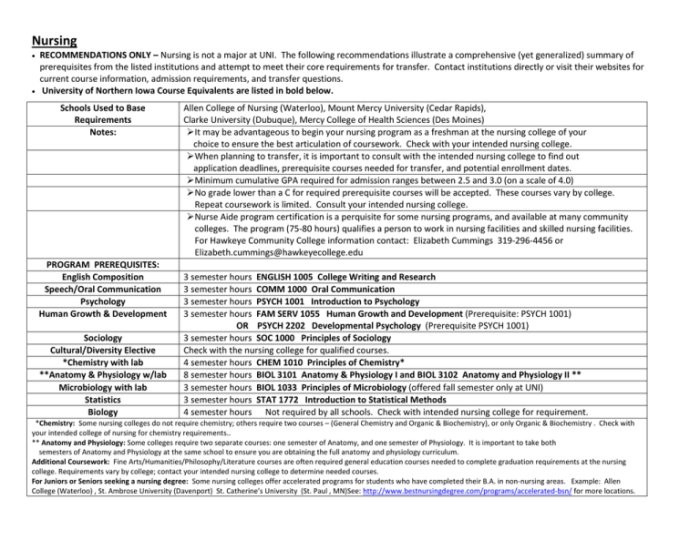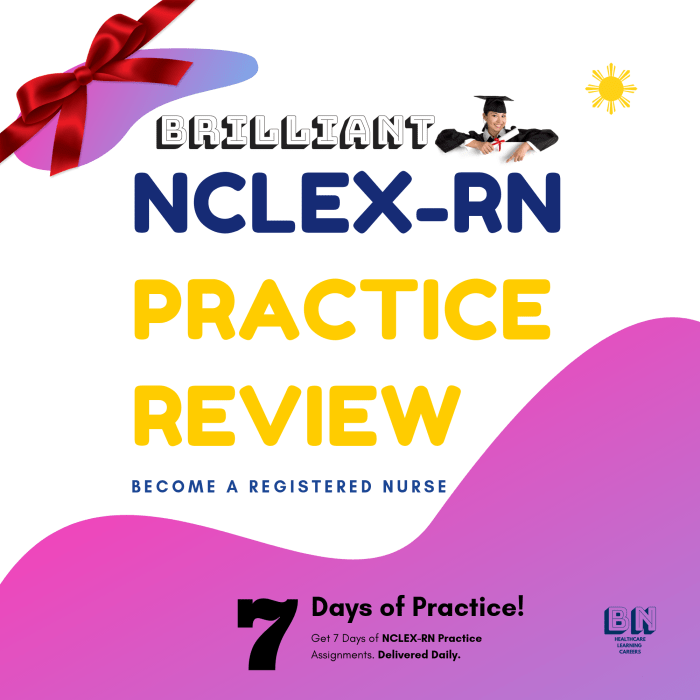Core mandatory exam non nursing – The Core Mandatory Exam for non-nursing professionals is a crucial stepping stone in their professional journey, setting the stage for a deep dive into the intricacies of this essential assessment. This exam empowers individuals to demonstrate their competence and meet industry standards, paving the way for career growth and professional development.
The Core Mandatory Exam covers a comprehensive range of topics, including healthcare fundamentals, patient safety, and ethical considerations. It serves as a benchmark for non-nursing professionals, ensuring they possess the knowledge and skills necessary to provide quality care in various healthcare settings.
Core Mandatory Exam Non-Nursing Definition
The Core Mandatory Exam for Non-Nursing Professionals is a standardized examination designed to assess the knowledge and skills of individuals who work in healthcare settings but are not nurses. It is a comprehensive exam that covers a wide range of topics essential for non-nursing professionals to provide safe and effective patient care.The
purpose of the exam is to ensure that non-nursing professionals have the necessary knowledge and skills to perform their duties effectively and safely. It also helps to standardize the level of knowledge and skills across different healthcare settings and jurisdictions.Individuals
who may be required to take the Core Mandatory Exam for Non-Nursing Professionals include:
- Patient care technicians
- Medical assistants
- Phlebotomists
- Radiologic technologists
- Pharmacy technicians
The topics typically covered in the Core Mandatory Exam for Non-Nursing Professionals include:
- Patient safety
- Infection control
- Medical terminology
- Pharmacology
- Patient care procedures
- Communication skills
- Ethics and legal issues
Exam Structure and Format

The Core Mandatory Exam for Non-Nursing professionals comprises multiple sections, each designed to assess specific areas of knowledge and skills. The exam format may vary slightly depending on the specific exam provider, but generally includes the following components:
Number of Sections
The exam typically consists of three or more sections, each focusing on a different aspect of the non-nursing role. For instance, one section may cover clinical skills, while another may assess administrative responsibilities.
For those who are preparing for the core mandatory exam non nursing, it’s important to have a solid understanding of unit 5 ap human geography frq. Unit 5 ap human geography frq covers topics such as population, migration, and land use.
By mastering these concepts, you’ll be well-prepared for the core mandatory exam non nursing and on your way to success.
Question Types
The exam questions can vary in format, including multiple-choice, true/false, short answer, and essay questions. Multiple-choice questions typically present a question with several answer options, while true/false questions require the test-taker to indicate whether a statement is true or false.
Short answer questions ask for a brief written response, while essay questions require a more detailed written explanation.
Time Limit
The Core Mandatory Exam for Non-Nursing professionals is typically timed, with a specific amount of time allotted for each section. The time limit varies depending on the exam provider and the number of questions in each section.
Scoring System and Passing Requirements
The exam is scored based on the number of correct answers. Each question carries a specific number of points, and the total score is calculated by adding up the points earned on all questions. The passing score for the exam varies depending on the exam provider and the specific job role for which the exam is required.
Sample Exam Format
A sample exam format may be provided by the exam provider to give candidates an idea of the structure and types of questions that will be included on the exam. This sample format can help candidates prepare for the exam by familiarizing themselves with the exam format and question types.
Preparation and Study Resources
Preparing for the Core Mandatory Exam Non-Nursing effectively requires a strategic approach. Utilize these tips and resources to maximize your chances of success.
Study Materials
- Textbooks:Official textbooks provide a comprehensive foundation for the exam topics.
- Online Resources:Utilize reputable websites and online courses that offer interactive study materials, practice questions, and mock exams.
- Practice Tests:Regularly taking practice tests helps you identify areas of weakness, build confidence, and improve your time management skills.
Time Management
Effective time management is crucial. Create a study schedule that accommodates your other commitments and allows for consistent revision.
Self-Assessment
Regularly assess your understanding by completing practice questions and reviewing your notes. This helps you identify areas that require additional attention.
Exam Administration and Registration

Navigating the registration and administration process for the Core Mandatory Exam for Non-Nursing professionals is crucial. This section will provide comprehensive guidance on the registration procedure, exam administration details, and special accommodations available for test takers.
Registration Procedure
To register for the Core Mandatory Exam, candidates must follow the designated registration process Artikeld by the relevant authorities. This typically involves creating an account on the official testing platform, providing personal and contact information, and selecting a preferred exam date and location.
It is essential to adhere to the registration deadlines and instructions carefully to avoid any delays or complications.
Exam Administration, Core mandatory exam non nursing
The Core Mandatory Exam is administered at designated testing centers on specific dates and times. Candidates will receive detailed information about their scheduled exam date, time, and location in advance. Upon arrival at the testing center, they will be required to present valid identification and follow the established exam protocols.
The exam duration and format will vary depending on the specific version being administered.
Special Accommodations
Candidates with disabilities or specific requirements may request special accommodations during the exam. These accommodations can include extended time, assistive technology, or a distraction-free testing environment. To request special accommodations, candidates must provide appropriate documentation and submit their request well in advance of the exam date.
The relevant authorities will review the request and determine the most suitable accommodations based on the individual’s needs.
FAQ Resource: Core Mandatory Exam Non Nursing
What is the purpose of the Core Mandatory Exam for non-nursing professionals?
The exam assesses the knowledge and skills of non-nursing professionals, ensuring they meet industry standards and are equipped to provide quality patient care.
Who is required to take the Core Mandatory Exam?
Individuals working in non-nursing roles within healthcare settings, such as medical assistants, pharmacy technicians, and patient care technicians, may be required to take the exam.
What topics are covered on the Core Mandatory Exam?
The exam covers a wide range of topics, including healthcare fundamentals, patient safety, ethical considerations, and communication skills.
How can I prepare for the Core Mandatory Exam?
Utilize available study materials, such as textbooks, online resources, and practice tests. Time management and self-assessment are crucial for effective preparation.